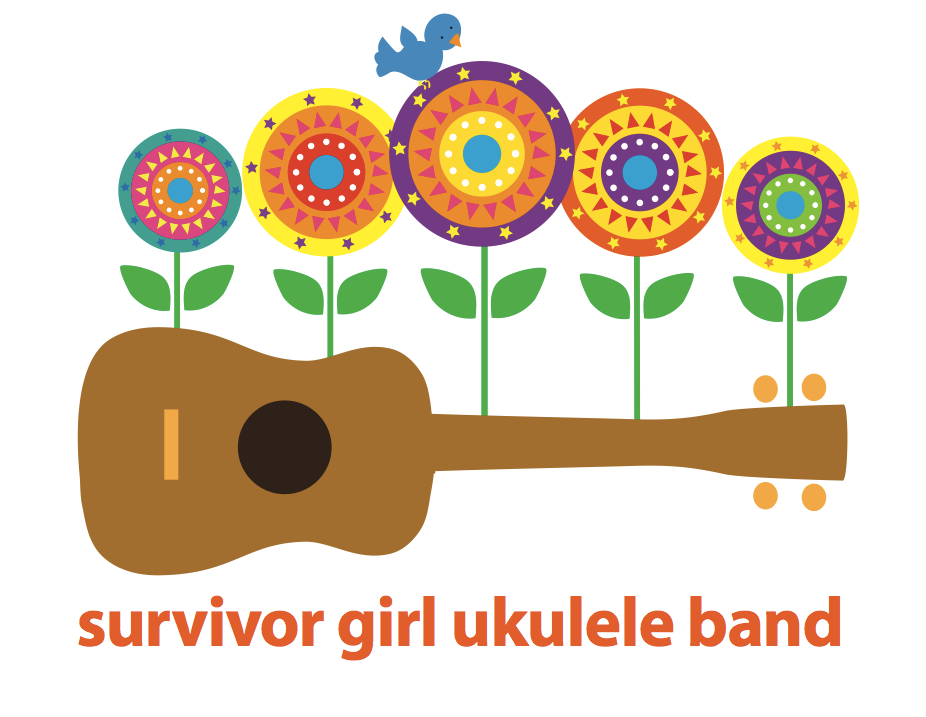we’re gonna need a bigger boat. that’s the famous line from the movie jaws -- when roy scheider’s character sees the size of the killer shark circling in the waters. and that’s how i feel the more i learn about the scope of sex trafficking in india.
the last six weeks i’ve been volunteering with apne aap women worldwide (apneaap.org). apne aap means “self help” in hindi. i first learned about the organization in nicholas d. kristoff and sheryl wu dunn’s book, half the sky: turning oppression into opportunity worldwide.
ruchira gupta founded apne aap with the twenty-two women who were the subject of her emmy award winning documentary, the selling of innocents, which exposed the trafficking of women and girls from nepal to india. the twenty-two women were prostitutes in mumbai’s red light district, all victims of trafficking, and during production of the film they found strength in the circle of relationships they built with ruchira and with each other.
after filming completed, the women continued to meet and then began to advocate for themselves with “a vision of a world where no woman can be bought or sold.” this was the beginning of apne aap. this vision has expanded across a number of communities in india, with apne aap self-empowerment groups and community centers that provide safe spaces for the women to gather, learn their rights, get vocational training, and find a way out of prostitution.
my first day at apne aap i got to go to gandhi smriti (the location where mahatma gandhi spent the last 144 days of his life and where he was assassinated, now a museum) and sit in with fifteen leaders from american ngos that are part of novo foundation’s initiative, “move to end violence.” we gathered on the lawn and listened to some of india’s foremost female activists speak about their time with gandhi and what he taught them.
gandhi’s granddaughter, tara gandhi bhattacharjee, added a bit of glam to the afternoon with her style, grace, and humor.
and at the end of the day i was asked to write the press release for the event!
two days later i was off to the pink city of jaipur to attend apne aap’s regional survivors conference.
much of the event was in hindi, but here’s the translation of what one of the survivors said:
“in the community many girls are brought in and many are sold out. how do you address this? no one understands that they are playing with the dreams of girls. the clients don’t realize the dreams they are spoiling. the clients don’t realize that this would be a mother, a sister or someone else –- they are just ruining dreams. we want to stop them.”
during the conference, i sat with number of women who are still working in brothels. we exchanged smiles, hellos, and soon got out our cell phones and started taking photos of each other and together. we joked and laughed and had a really nice time.
but back to the bigger boat.
sex trafficking in india happens in so many ways.
my last posts high-lighted the devadasi system, but there are also a number of castes that have a long standing tradition of prostitution. in many families of these castes the women are all prostitutes and their husbands and fathers are their pimps. it’s called intergenerational prostitution, and girls are brought up knowing that they will follow in their grandmother's and mother's footsteps -- and be a prostitute.
then there’s what i call the prince-not-so-charming method of trafficking. it works like this: a young girl is charmed over the course of a few weeks or months by a dashing young man who promises her marriage and a beautiful life together. she runs off with him to begin said beautiful life only to find herself in a strange city, locked up in a brothel, and told she was sold and must work off her sale price with her body. this happens every day in india.
these are just a few of the forms of sex trafficking going on in india, and the problem seems overwhelming, like a really really really big shark. but we stay in the boat until we get a bigger boat. we join other boats. we create awareness, we advocate for change, and we reach out a hand to those who have been pulled under.


